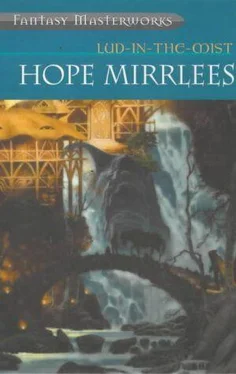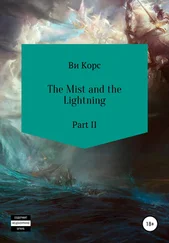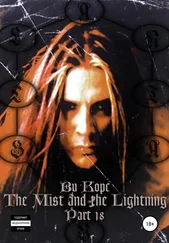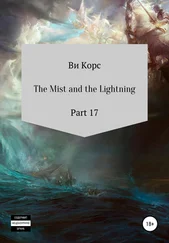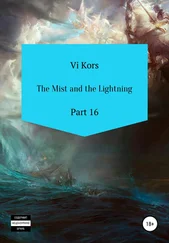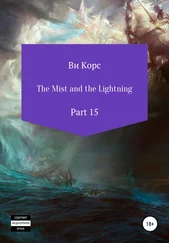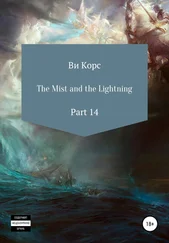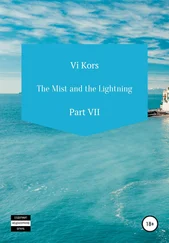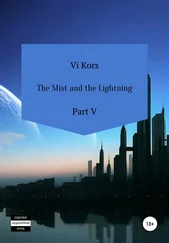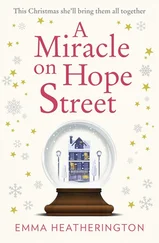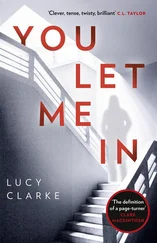Anyhow, everyone there to-night shared the same totem, and each one of them was the hero of one of the old jokes. Master Nathaniel was asked if his crimson velvet breeches were a blackish crimson because, many years ago, he had forgotten to go into mourning for his father-in-law; and when Dame Marigold had, finally, tentatively pointed out to him his omission, he had replied angrily, "I am in mourning!" Then, when with upraised eyebrows she had looked at the canary-coloured stockings that he had just purchased, he had said sheepishly, "Anyhow, it's a blackish canary."
Few wines have as strong a flavour of the grape as this old joke had of Master Nathaniel. His absent-mindedness was in it, his power of seeing things as he wanted them to be (he had genuinely believed himself to be in mourning) and, finally, in the " blackish canary" there was the tendency, which he had inherited, perhaps, from his legal ancestors, to believe that one could play with reality and give it what shape one chose.
Then, Master Ambrose Honeysuckle was asked whether the Honeysuckles considered a Moongrass cheese to be a cheese; the point being that Master Ambrose had an exaggerated sense of the importance of his own family, and once in the law-courts, when the question arose as to whether a dragon (there were still a few harmless, effete dragons lurking in caves in out-of-the-way parts of Dorimare) were a bird or a reptile, he had said, with an air of finality, "The Honeysuckles have always considered them to be reptiles ." And his wife, Dame Jessamine, was asked if she wanted her supper "on paper," owing to her habit of pinning her husband down to any rash promise, such as that of a new barouche, by saying, "I'd like that on paper, Ambrose."
And then there was Dame Marigold's brother, Master Polydore Vigil, and his wife, Dame Dreamsweet, and old Mat Pyepowders and his preposterous, chattering dame, and the Peregrine Laquers and the Goceline Flacks and the Hyacinth Baldbreeches - in fact, all the cream of the society of Lud-in-the-Mist, and each of them labelled with his or her appropriate joke. And the old jokes went round and round, like bottles of port, and with each round the company grew more hilarious.
The anonymous antiquary could have found in the culinary language of Dorimare another example to support his thesis; for the menu of the supper provided by Dame Marigold for her guests sounded like a series of tragic sonnets. The first dish was called "The Bitter-Sweet Mystery" - it was a soup of herbs on the successful blending of which the cooks of Lud-in-the-Mist based their reputation. This was followed by "The Lottery of Dreams," which consisted of such delicacies as quail, snails, chicken's liver, plovers' eggs, peacocks' hearts, concealed under a mountain of boiled rice. Then came "True-Love-in-Ashes," a special way of preparing pigeons; and last, "Death's Violets," an extremely indigestible pudding decorated with sugared violets.
"And now!" cried Master Nathaniel gleefully, "here comes the turn of our old friend! Fill your glasses, and drink to the King of Moongrass Cheeses!"
"To the King of Moongrass Cheeses!" echoed the guests, stamping with their feet and banging on the table. Whereupon Master Nathaniel seized a knife, and was about to plunge it into the magnificent cheese, when suddenly Ranulph rushed round to his side and, with tears in his eyes, implored him, in a shrill terrified voice, not to cut the cheese. The guests, thinking it must be some obscure joke, tittered encouragingly, and Master Nathaniel, after staring at him in amazement for a few seconds, said testily, "What's taken the boy? Hands off, Ranulph, I say! Have you gone mad?" But Ranulph's eyes were now starting out of his head in fury, and, hanging on to his father's arm, he screamed in his shrill, childish voice, "No, you won't! you won't, you won't! I won't let you!"
"That's right, Ranulph!" laughed one of the guests. "You stand up to your father!"
"By the Milky Way! Marigold," roared Master Nathaniel, beginning to lose his temper, "what's taken the boy, I ask?"
Dame Marigold was looking nervous. "Ranulph! Ranulph!" she cried reproachfully, "go back to your place, and don't tease your father."
"No! No! No!" shrieked Ranulph still more shrilly, "he shall not kill the moon… he shall not , I say. If he does, all the flowers will wither in Fairyland."
How am I to convey to you the effect that these words produced on the company? It would not be adequate to ask you to imagine your own feelings were your host's small son suddenly, in a mixed company, to pour forth a stream of obscene language; for Ranulph's words were not merely a shock to good taste - they aroused, as well, some of the superstitious terror caused by the violation of a taboo.
The ladies all blushed crimson, the gentlemen looked stern, while Master Nathaniel, his face purple, yelled in a voice of thunder, "Go to bed this instant , Ranulph… and I'll come and deal with you later on"; and Ranulph, who suddenly seemed to have lost all interest in the fate of the cheese, meekly left the room.
There were no more jokes that evening, and on most of the plates the cheese lay neglected; and in spite of the efforts of some of the guests, conversation flagged sadly, so that it was scarcely nine o'clock when the party broke up.
When Master Nathaniel was left alone with Dame Marigold he fiercely demanded an explanation of Ranulph's behaviour. But she merely shrugged her shoulders wearily, and said she thought the boy must have gone mad, and told him how for some weeks he had seemed to her unlike himself.
"Then why wasn't I told? Why wasn't I told?" stormed Master Nathaniel. Again Dame Marigold shrugged her shoulders, and, as she looked at him, there was a gleam of delicate, humourous contempt in her heavily-lidded eyes. Dame Marigold's eyes, by the way, had a characteristic, which was to be found often enough among the Ludites - you would have called them dreamy and languorous, had it not been for the expression of the mouth, which with its long satirical upper lip, like that of an old judge, and the whimsical twist to its corners, reacted on the eyes, and made them mocking and almost too humourous - never more so than when she looked at Master Nathaniel. In her own way she was fond of him. But her attitude was not unlike that of an indulgent mistress to a shaggy, uncertain-tempered, performing dog.
Master Nathaniel began to pace up and down the room, his fists clenched, muttering imprecations against inefficient women and the overwhelming worries of a family man - in his need for a victim on whom to vent his rage, actually feeling angry with Dame Marigold for having married him and let him in for all this fuss and to-do. And his shadowy fears were more than usually clamorous. Dame Marigold, as she sat watching him, felt that he was rather like a cockchafer that had just flounced in through the open window, and, with a small, smacking sound, was bouncing itself backwards and forwards against its own shadow on the ceiling - a shadow that looked like a big, black velvety moth. But it was its clumsiness, and blundering ineffectualness that reminded her of Master Nathaniel; not the fact that it was banging itself against the shadow.
Up and down marched Master Nathaniel, backwards and forwards bounced the cockchafer, hither and thither flitted its soft, dainty shadow. Then, suddenly, straight as a die, the cockchafer came tumbling down from the ceiling and, at the same time, Master Nathaniel - calling over his shoulder, "I must go up and see that boy" - dashed from the room.
He found Ranulph in bed, sobbing his heart out, and as he looked at the piteous little figure he felt his anger evaporating. He laid his hand on the boy's shoulder and said not unkindly: "Come, my son; crying won't mend matters. You'll write an apology to Cousin Ambrose, and Uncle Polydore, and all the rest of them, to-morrow; and then - well, we'll try to forget about it. We're none of us quite responsible for what we say when we're out of sorts… and I gather from your mother you've not been feeling quite the thing these past weeks."
Читать дальше
